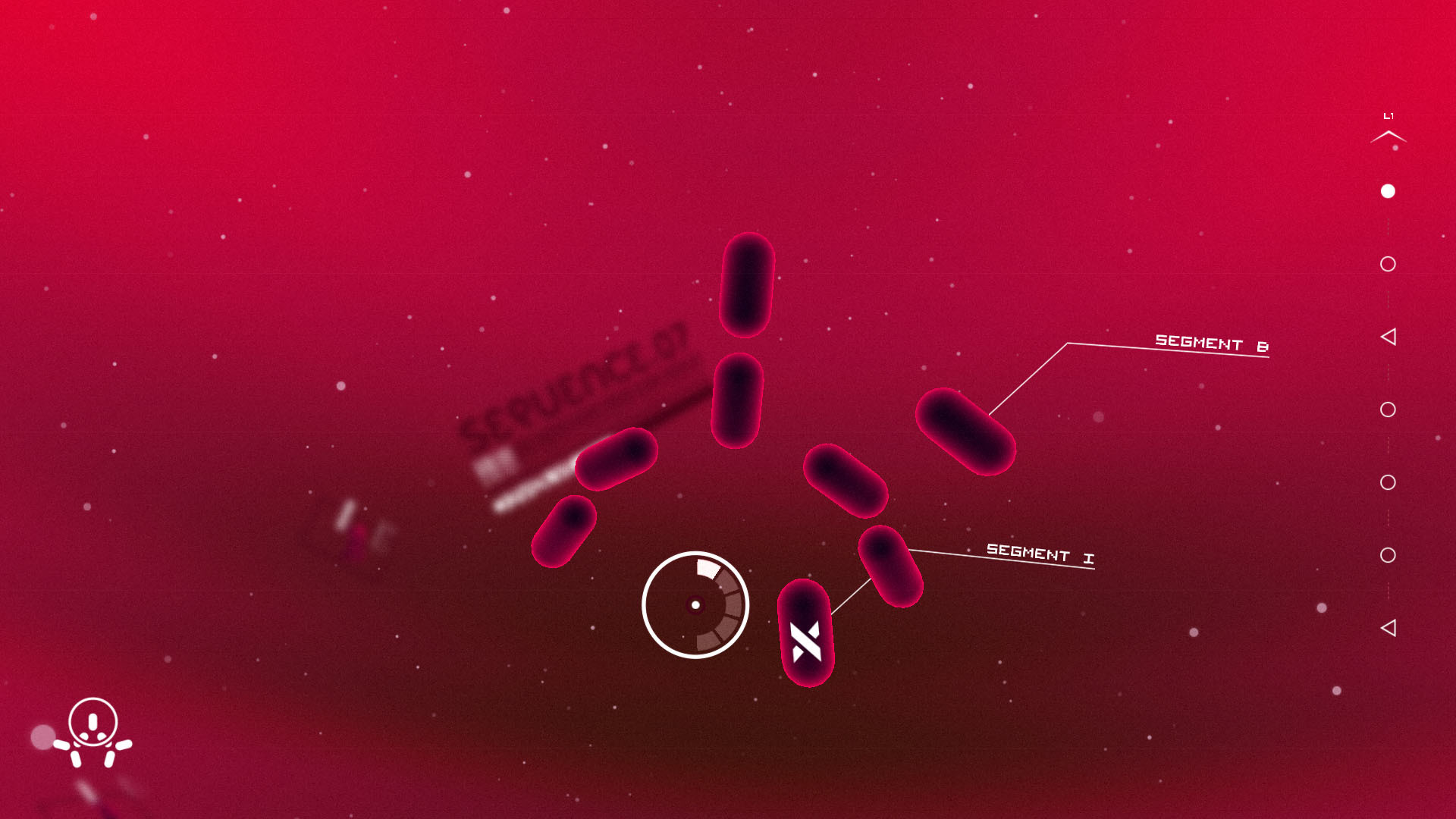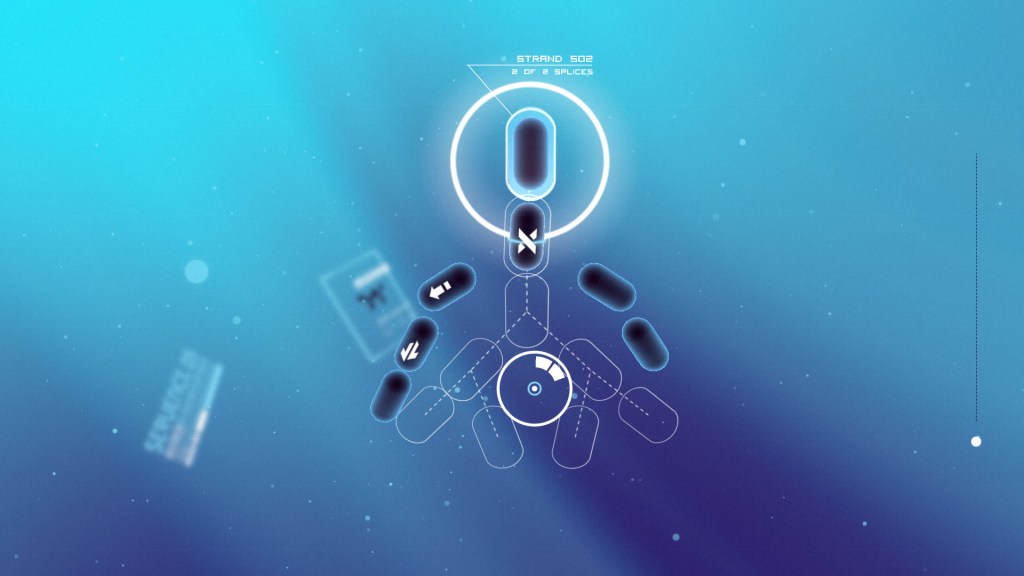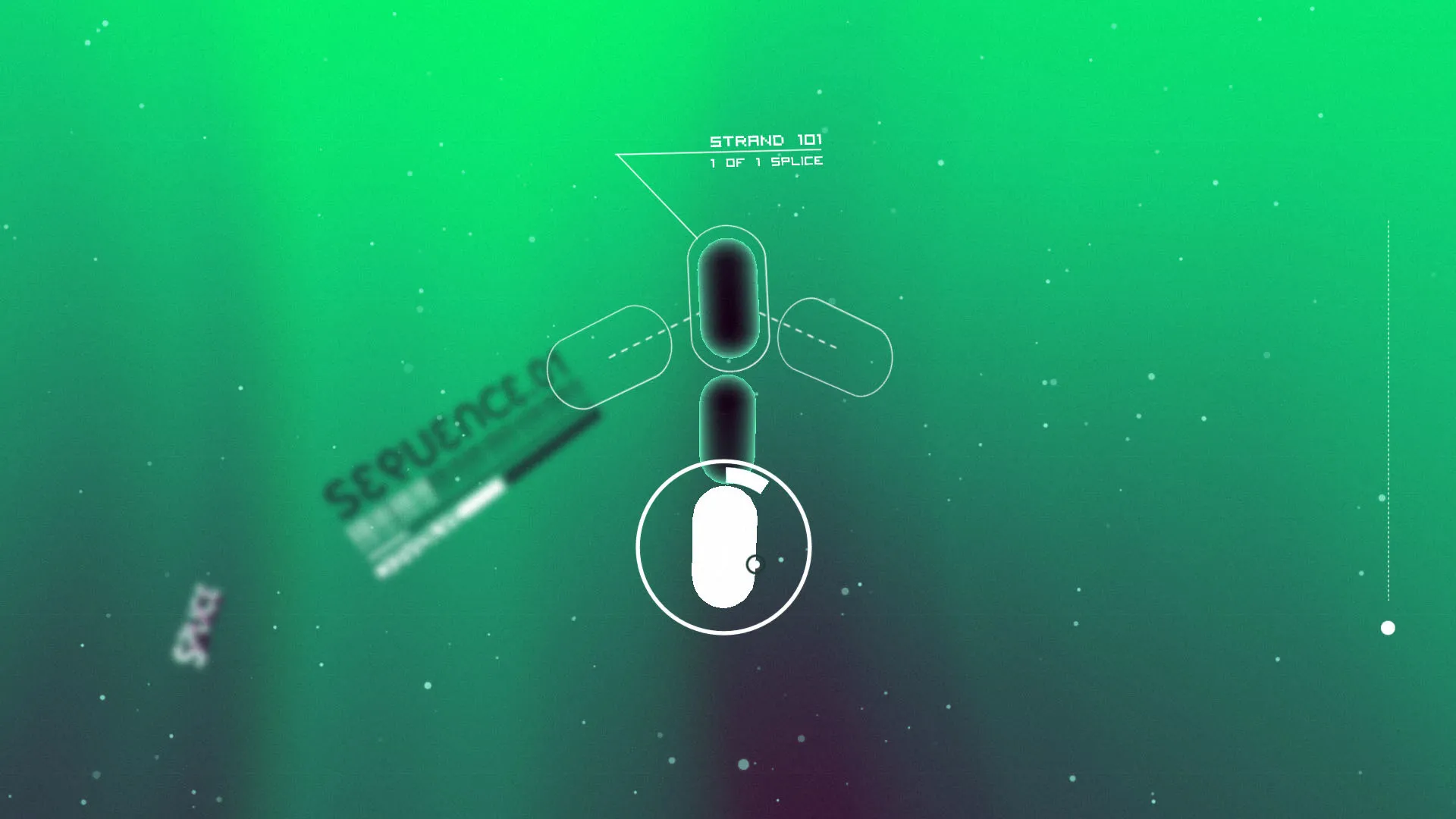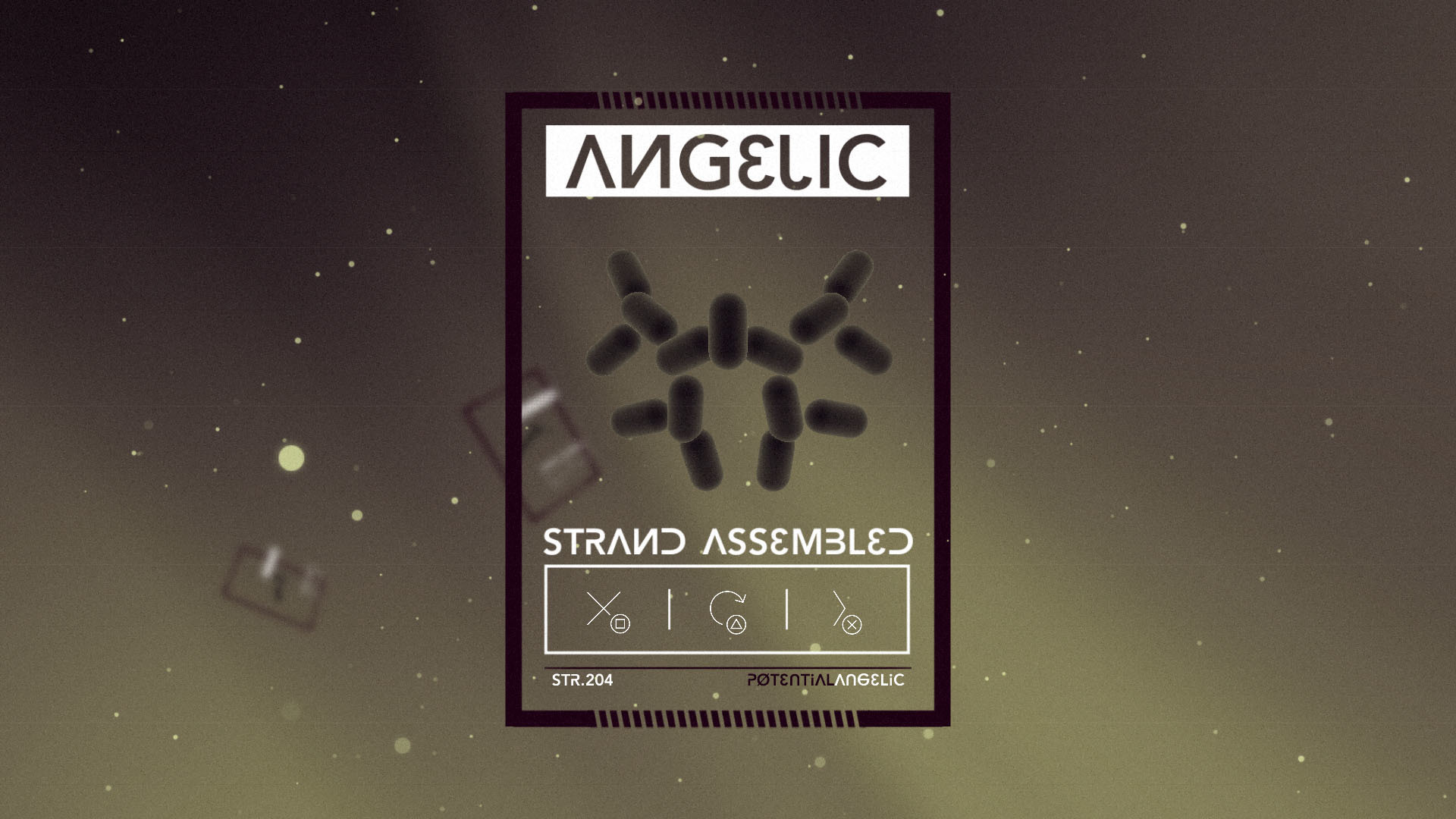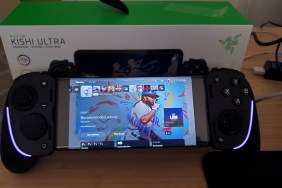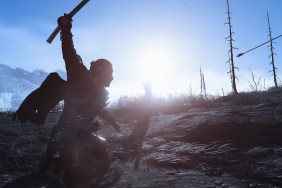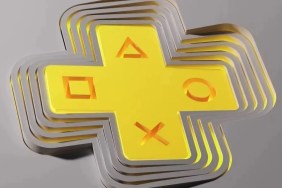Splice originally released for the PC, iOS and Android platforms back in 2012. This puzzle title comes from Cipher Prime, a Philadelphia, Pennsylvania, based developer with a penchant for titles with interesting visual and aural design.
Splice is not different. While it’s a puzzle game first, this is an experiment in sight and sound as well. Perhaps those latter components are what attracted me to it so much when it originally released.
Now that it’s out on the PlayStation 4, I’ve revisited the game for a review. Here goes.
A Game About Assembling Cells
Splice has a really straightforward way of presenting its puzzles (though not its mechanics, which I’ll touch on later). You’ll move level through level without much in the way of hints, explanation or tutorial.
You’ll be presented with an asymmetrical structure with cells outside of framed areas. It’s your job to grab and moves cells about the structures so that they balance out. If you complete the structure by filling in all of its framed cell slots, you’ll advance. Do it in the least number of moves possible, and you’ll receive and Angelic award for the level.
Now, there are a few gameplay catches and tweaks that come into play. You only have a set number of moves, so breaking that limit will cause the loss of the stage and force you to restart or backtrack your moves with the undo button. You’ll also meet mechanic augmenting cells that add interesting spins on the formula as you play. Some cells might cause replication at division, while others might destroy whole arms.
Splice is a complex game in a simple package. While it might not arrive without a full suite of modes and styles, its core mechanics are deep enough to warrant exploration.
Ooo, Those Tunes
Perhaps one of Splice‘s greatest qualities comes from its soundtrack. The entire game is backed by these really strong, persistent and seemingly wandering piano pieces.
Composed and performed by Dain Saint, the soundtrack behind Splice is actually a large part of why I wanted to keep my gaming sessions going well after I was a bit tired of the puzzling mechanics.
As your moving, adjusting and solving these puzzles one by one, the piano pieces behind them keep on rolling. What you have is a game that’s challenging and relaxing all at once, and the sounds fit the life building aesthetic almost perfectly.
Cipher Prime is at its best almost always when it comes to the aural flair of their games, and Splice is no different in that regard. The music here really works.
Where’s the A-ha!?
The core issue I have with Splice on the PlayStation 4 is the same one I had when I originally played the game on the PC a few years ago. The puzzling mechanics within never feel inherently learned.
Take a puzzle game like, I don’t know, Tetris for instance. Here’s a title that has a clear and concise set of rules. Play for a few minutes, and you’ll learn that certain in-game events will lead towards clearing lines. The concision is clear with Tetris; form a solid line of blocks, and watch your line vanish.
For me, Splice‘s mechanics never stand that firmly. I know that, for instance, breaking a strand apart in certain points will push them into their desired structures. It’s through trial and error that rules like this one are formed.
It’s just that, over the course of the 70 or so levels within Splice, the rules are never so apparent that the game “clicks” like other great puzzle titles. That problem is compounded because of Splice‘s constant decision to evolve. New cells are introduced that flip the game on its head throughout play, and that only makes things more complicated. Don’t get me wrong, I like the new cells that change up formulas, it’s just that I wish I spent more time perfecting old mechanics before moving on to new ones.
Maybe it’s just that I’m not smart enough for the puzzles in Splice, but I never achieve the “a-ha!” moment that makes puzzle games so addicting. I solve puzzles through trial and error almost 75% of the time in this game, and trial and error rarely delivers that “ohhhhh, okay” sense that other games so consistently award.
Splice has it’s moments, though, where you’ll feel like you’ve finally wrestled the core mechanics down. They come every few levels, and the game does manage to click into place the way a puzzle should once you’ve spent enough time with it. These moments come a little too infrequently for my taste, and that means Splice is more an exercise in trial and error than it is in logic for me.
Surprise! My Brain isn’t Your Brain
With all that in mind, everyone applies learning and logic in different ways. The brilliant thing about puzzle games is that perspective means everything. Just because I personally feel that Splice never does a good enough job of letting players grapple with mechanics before moving on, other gamers might find the movement, division and destruction of cells much more approachable than I do. To those players I say, “congrats.” Splice could be the game for you.
For me? I see this as an affair to fool with between other bigger games. It’s not a puzzle title that I’ll revisit again and again. It’s a more relaxing effort that I’ll approach for one play-through and then move on from. Unlike other great and addictive puzzle games, I won’t be seeing these levels in my sleep. That’s sort of a bummer for fans of the genre.
If you’re cool with puzzle games that present a relaxing atmosphere with a brilliant soundtrack while not necessarily bringing A+ mechanics, Splice could be for you. If you played it on the PC, don’t expect much in the way of changes here.
Be warned, you can find the same game on other platforms for a vastly cheaper price. The same experience moves on mobile for $2.99 and on Steam for $9.99.
A review code for Splice was provided for the PlayStation 4. For more information on scoring, please read our Review Policy here.
-
Simplistic and stylistic presentation
-
A brilliant soundtrack
-
A strong port from PC to console
-
Relaxing approach for those looking for downtime
-
Not much content in the package beyond the puzzles
-
Mechanics never "click" in the way great puzzle games should
-
This is the most expensive version at $14.99
Splice Review
-
Simple Structure
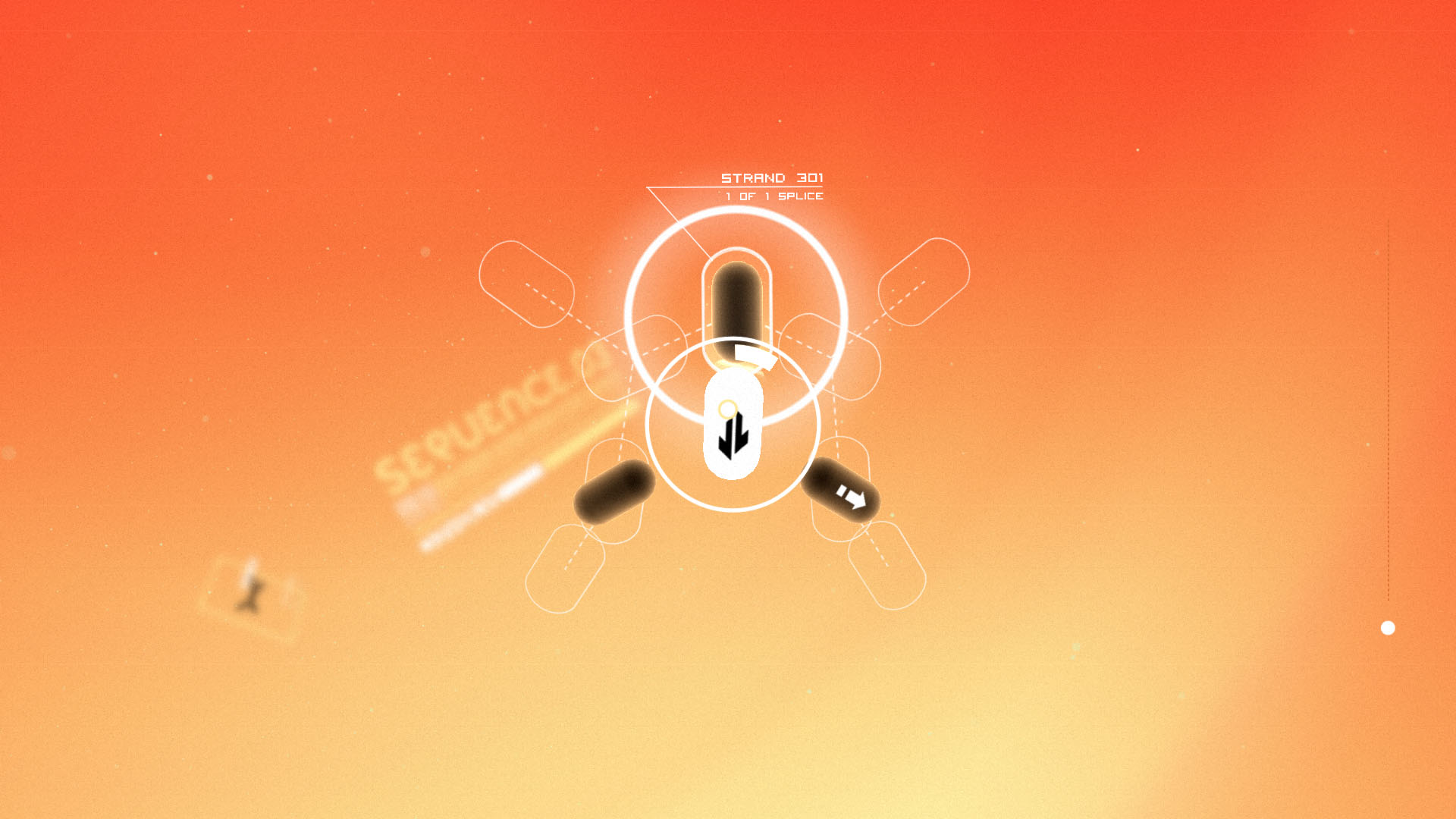
-
Move the cells.
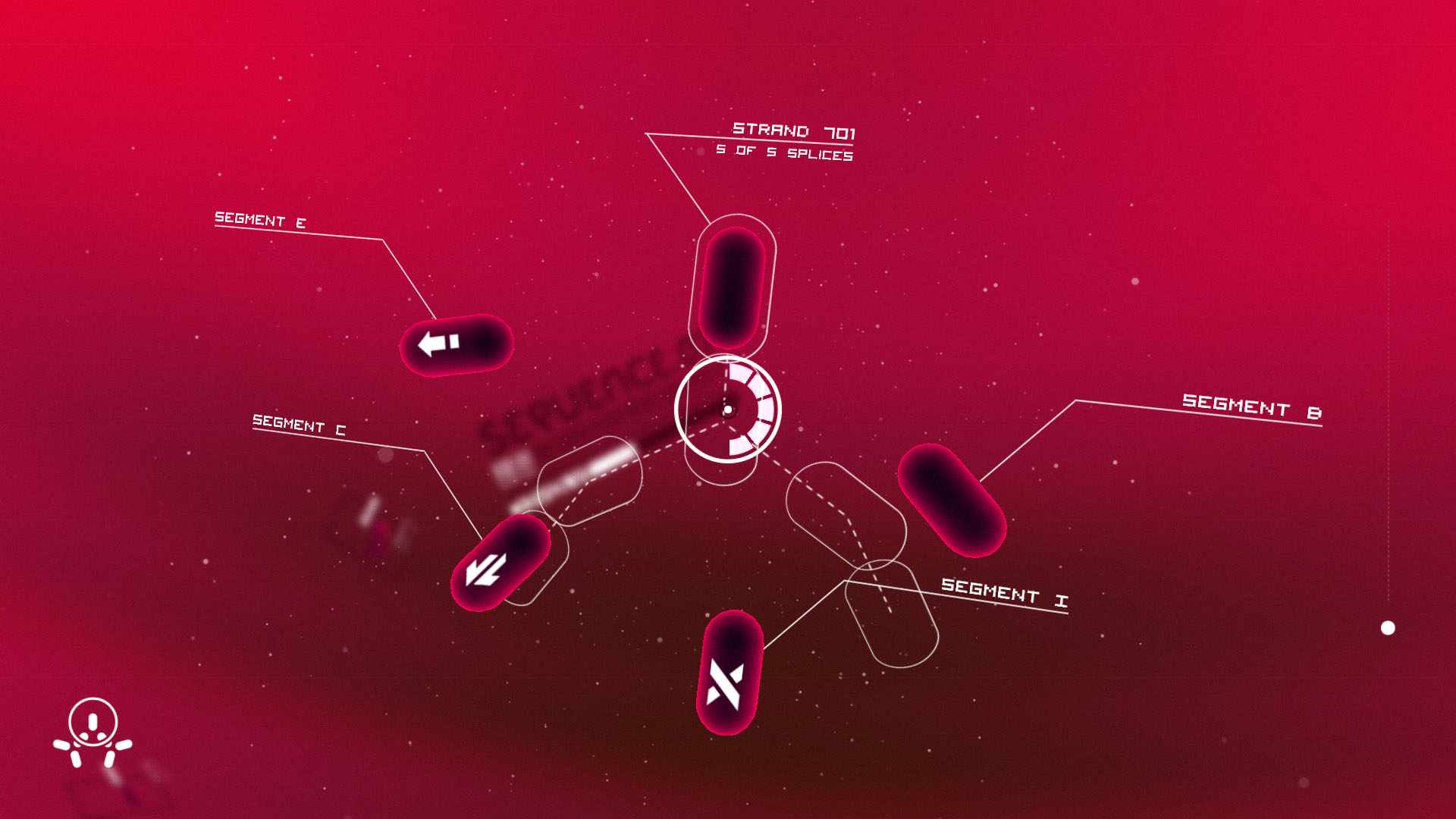
-
Stay within your move limit.
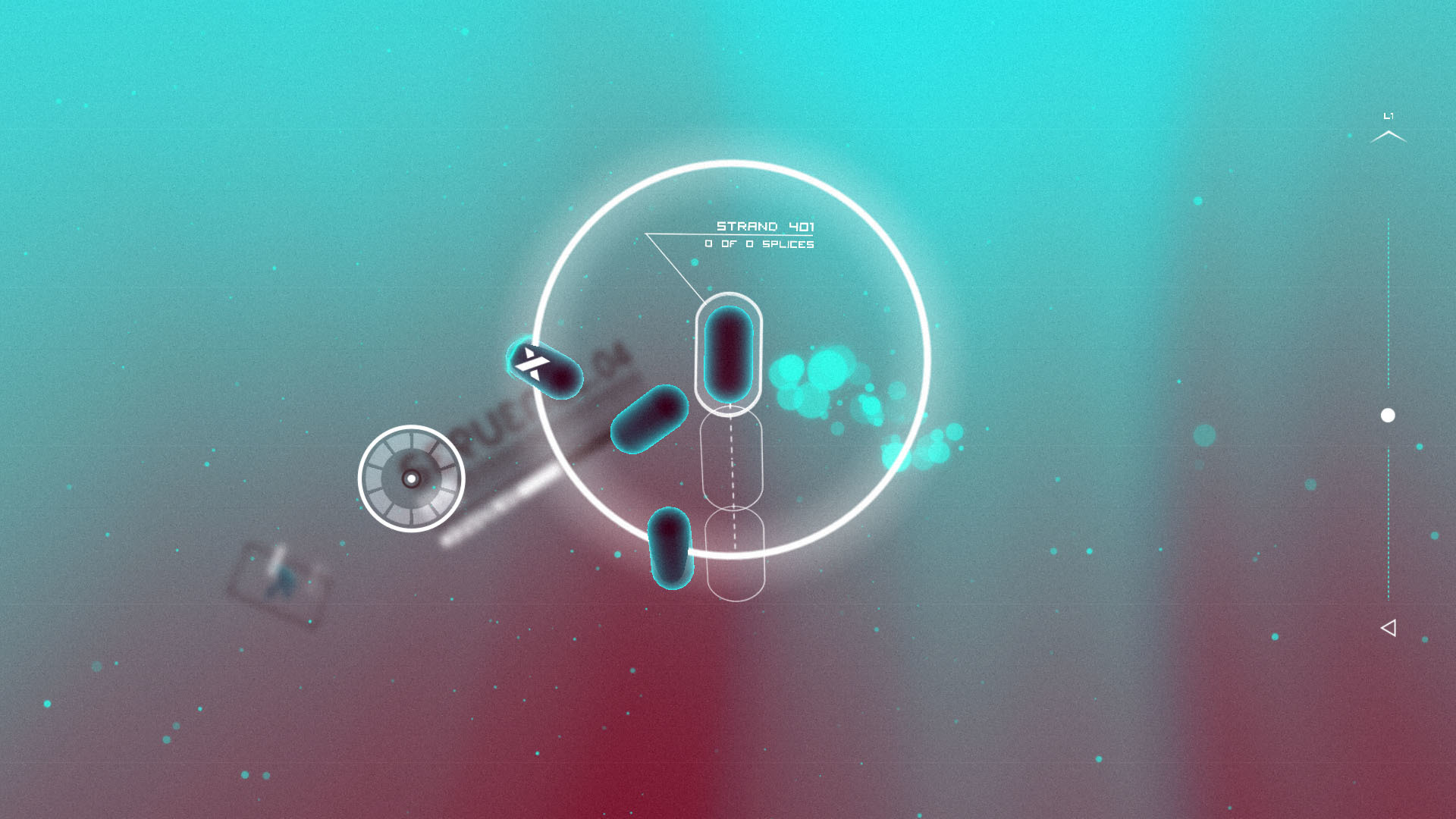
-
Things are getting tough
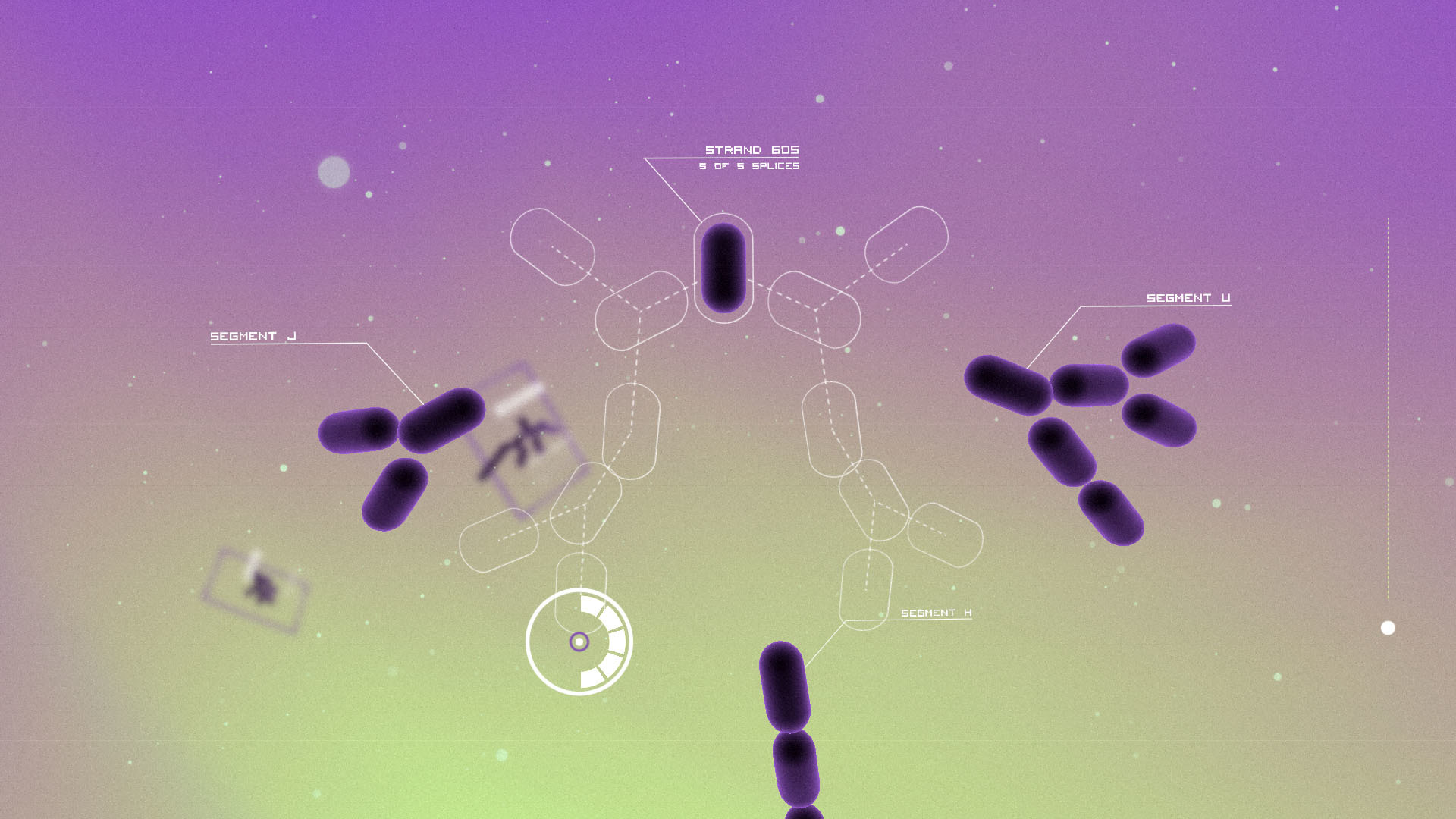
-
Perfect game
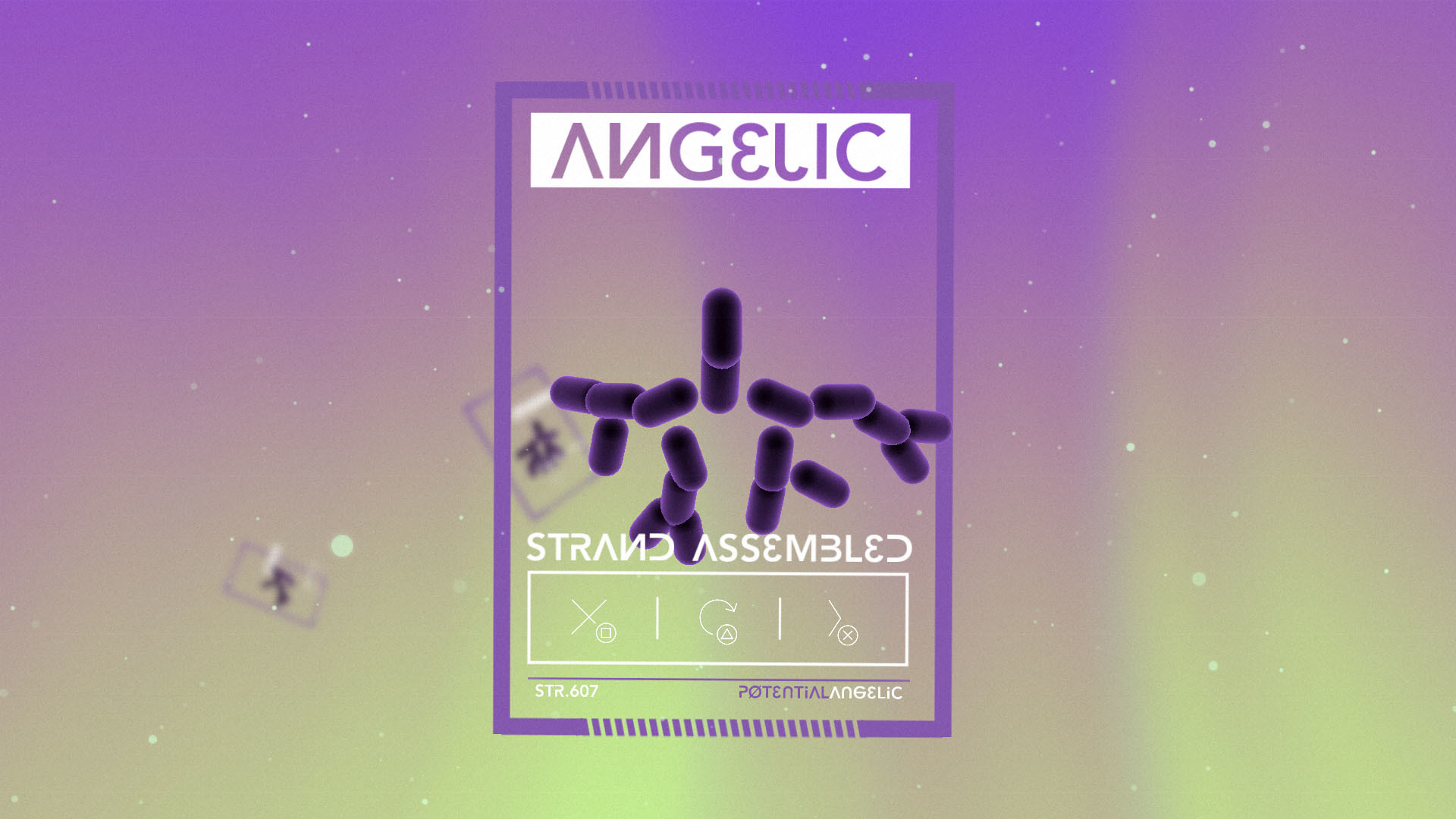
-
That red
